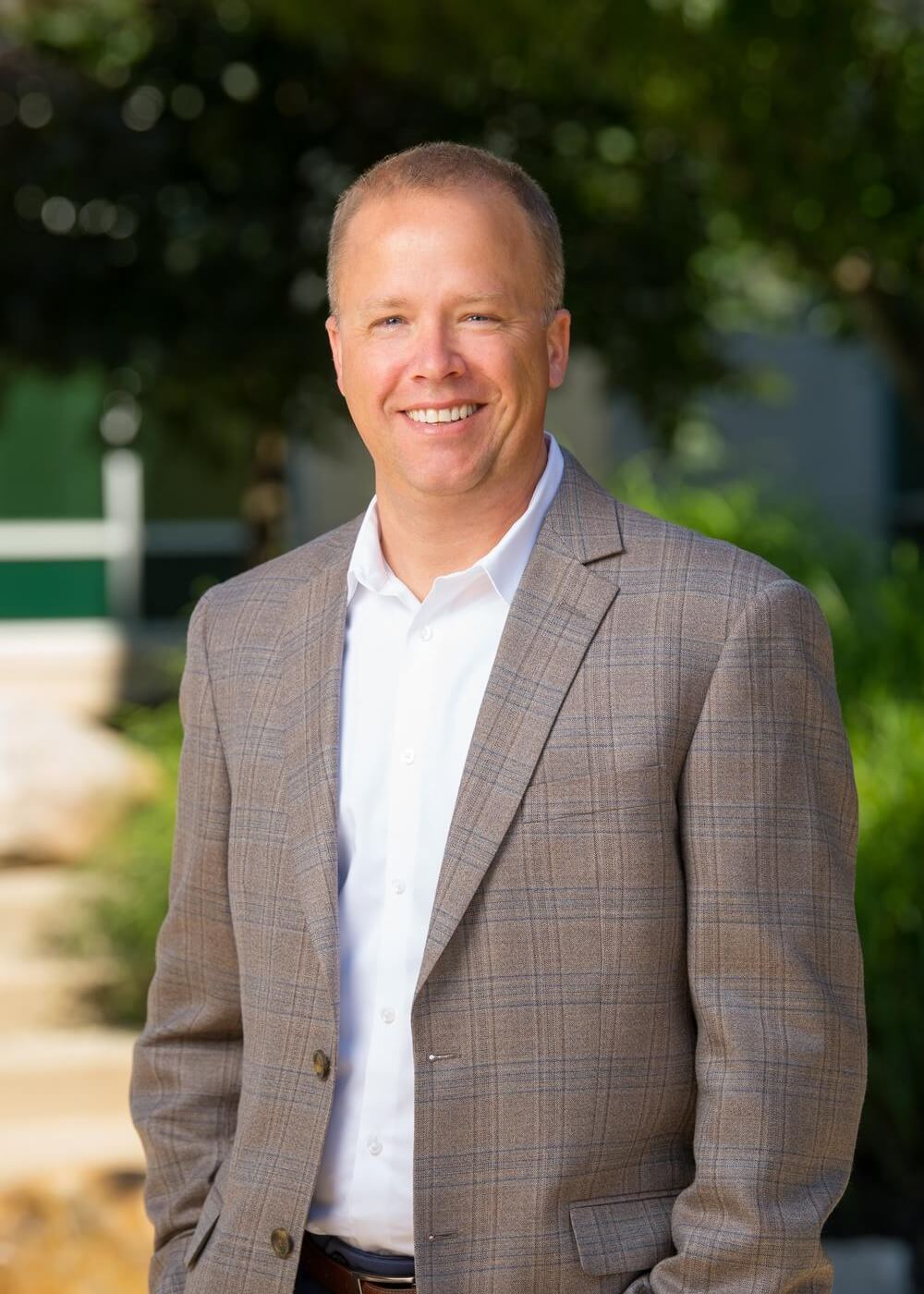In this three-part series, we are highlighting what we view as the three tenets of maintaining family wealth: values, stewardship, and structure.
In this recent series of articles, we’ve been examining some of the factors that go into creating a family legacy, such as establishing and passing down family values and teaching responsible stewardship to future generations. We conclude this series with a look at certain structures that can help high net worth families protect their wealth so it becomes dynastic.
The most common structures used by wealthy families to preserve and pass on wealth are charitable foundations, family offices and trusts. Following is an explanation of how these structures typically work.
Charitable Foundations
These can take several different forms, including private family foundations, community foundations and Donor Advised Funds (DAFs). Private family foundations make grants to charitable organizations that families want to support. Community foundations are similar, but they’re administered by outside professionals who direct donations in ways they feel will benefit the community.
A DAF is similar to both of these but is generally easier and less expensive to set up and maintain. The fund is established in the family’s name at a specific non-profit organization and exists within a larger pool of money that’s managed on behalf of multiple donors. Your family is able to dictate which charities receive your contributions and when, as well as how your contributions are invested.
With a DAF, you can make contributions and receive a tax deduction at the time of funding, while deciding later which charities should receive your donations. DAFs make it easy for families across multiple generations to participate in charitable giving together, which is one reason why they’re such a popular tool for legacy planning.
Wealth Management
In order to preserve and grow its wealth over multiple generations a family ought to partner with the right wealth management firm. In selecting the right firm for your family, it is important to look for one that takes a holistic approach. Wealthy families have a lot of financial complexity and so it is important to work with knowledgeable professionals who can provide comprehensive advice, including tax planning, estate planning, and full-service financial planning.
In addition to the planning side, you’ll want to work with a wealth management firm that has experience building sophisticated long-term investment portfolios. Many investment advisors offer more simplistic model-based investment solutions for their clients. High net worth and ultra-high net worth families need investment solutions that are more customized for their specific needs. At Simon Quick we create an Investment Policy Statement (IPS) for each client that takes into account their risk tolerance, time horizon, and long-term goals. We view this long-term investment planning as a critical part of multi-generational wealth management.
In addition to creating a wealth plan that covers all aspects of your family’s financial life, working with a financial advisor creates continuity between the generations. Today’s family leaders won’t be around forever, and so a financial advisor can help bridge the gap to the next generation. This gives the current leaders peace of mind in knowing that their children and grandchildren will be in good hands, while providing the second and third generations with the knowledge and support they need to make good financial decisions when the time comes.
Irrevocable and Charitable Trusts
Irrevocable trusts can help preserve family assets both now and for future generations. Once assets are placed in an irrevocable trust, they can’t be removed, and the trust terms can’t be changed. This puts assets out of the reach of creditors in cases like divorce or a personal injury or liability judgment. Delaware asset protection trusts (for example) are commonly used by wealthy physicians, business owners, CEOs, athletes and entertainers for this purpose. These, and other asset protection trusts can be used to set aside funds for a rainy day that may not be available to certain categories of future creditors.
As you plan to maintain your family’s wealth over multiple generations, you may want to consider adding certain clauses to your trust document. For example, when you establish the trust, you can stipulate that assets only be distributed to beneficiaries as they’re needed for their health, education or financial support. Or you can direct that assets not be distributed to beneficiaries until they reach a certain age, such as the age of majority (which is 18 or 21, depending on the state).
Charitable trusts can help you preserve and pass on family wealth while also donating money to charitable organizations you want to support. With a Charitable Remainder Trust (CRT), you will donate assets to the trust and receive income from it for a certain number of years. Any assets left over after you pass will be distributed to the charities you designate. With a Charitable Lead Trust (CLT), your designated charities will receive income for a certain number of years and any assets left over after you pass will be distributed to your beneficiaries.
A Simon Quick advisor can help you examine these structures and determine which ones could be the most useful for your family. To learn more, please contact me at [email protected].
DISCLAIMER
Simon Quick Advisors, LLC (Simon Quick) is an SEC registered investment adviser with a principal place of business in Morristown, NJ. Simon Quick may only transact business in states in which it is registered, or qualifies for an exemption or exclusion from registration requirements. A copy of our written disclosure brochure discussing our advisory services and fees is available upon request. References to Simon Quick as being “registered” does not imply a certain level of education or expertise. No information provided shall constitute, or be construed as, an offer to sell or a solicitation of an offer to acquire any security, investment product or service, nor shall any such security, product or service be offered or sold in any jurisdiction where such an offer or solicitation is prohibited by law or registration. Additionally, no information provided in this report is intended to constitute legal, tax, accounting, securities, or investment advice nor an opinion regarding the appropriateness of any investment, nor a solicitation of any type. Past performance may not be indicative of future results. Different types of investments involve varying degrees of risk. It should not be assumed that future performance of any specific investment or investment strategy will be profitable, equal any corresponding indicated performance level(s), be suitable for your portfolio or individual situation, or prove successful.





